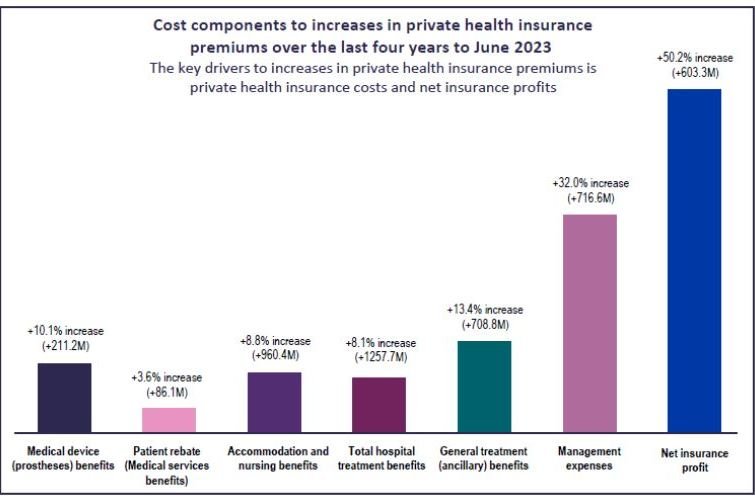The NFF is buoyed by the Regional Telecommunications Independent Review Committee’s tabled response to submissions received through the 2021 Regional Telecommunications Review.
“The Review Committee has demonstrated an in-depth understanding of the inequalities faced by regional Australians and highlighted the urgent need to bridge the connectivity gap,” NFF Telecommunications Committee Chair and Roma farmer Peter Thompson said.
“We welcome the highly practical recommendations of the Committee, many picking up on those offered by the NFF and the Regional, Rural and Remote Communications Coalition.
“The onus now rests on the Federal Government to work collaboratively with network operators to fix the connectivity drought. In this year’s Federal Budget, the NFF is calling for no less than a multibillion dollar funding commitment to rectify sub-standard regional telecommunications and connectivity.”
Mr Thompson said far from being a luxury, mobile phone coverage and internet connectivity were essentials in the bush, much like power and water.
“Reliable, affordable telecommunications is intrinsically linked to business, lifestyle, education and the health services of regional Australians – as it is for urban Australians.
“For agriculture alone, it is estimated the unlocking of the application of digital agriculture could boost the value of agriculture by about 25% ($20.3 billion) with a cumulative lift to the Australian economy of $24.6 Billion by 2030.
“However, as it stands, it’s a tale of missed opportunity, as people in the bush continue to suffer from a far inferior level of connectivity compared to their city counterparts.
“Most Australians wouldn’t know what it’s like to search for mobile phone signal, often by scaling a silo or driving up the closest hill, or the need to wait for next month’s data to refresh before downloading a document. But this is the daily reality for many country Australians.
Through its consultation process, the RTIR Committee held 24 virtual consultations and considered 650 written submissions.
Mr Thompson praised the Committee’s recommendation for a ‘longer term approach to regional communications infrastructure and digital skills’ and ‘Enhanced Connectivity Investments’.
“These seem like obvious bodies of work, but, unfortunately, they have so far alluded Governments of all persuasions.”
This recommendation is complementary to the NFF’s call for a dedicated fund to resource network expansion. The Committee also recognised the ongoing need to build connectivity literacy and capability amongst regional Australians.
“In the bush getting an effective connection can be a complex challenge which often requires a bespoke approach for each individual connection. The NFF-led and Government funded Regional Tech Hub service, a direct result of the 2018 RTIRC process, is doing great work in increasing digital literacy and it must be more adequately funded to improve its capacity and ensure it goes beyond its current funding cycle.”
The NFF is encouraged by the recommendation for a substantially enhanced and sufficiently resourced Regional Tech Hub actively engaged with regional and industry stakeholders.
Mr Thompson said a recommendation for funding for emerging technology trials, was sensible, given the pace of change.
“Also crucial is the RTIRC’s focus to increase the accuracy and transparency of mobile network quality and coverage information. To assist in the understanding of this issue and real challenges in this space, the NFF is very supportive of an inquiry into mobile coverage,” Mr Thompson said.
“Unfortunately, the Black Summer bushfires and recent flood events, highlighted the vulnerabilities of regional telecommunications systems. The Committee has rightly made a recommendation for a Regional Telecommunications Resilience Fund to build the resilience of communication networks during emergency situations and natural disasters. The NFF welcomes this.”
Mr Thompson said the Committee had a lot to get through and the Government now had an even bigger job to do, to demonstrate its commitment to rural and regional communities by acting and acting decisively.
“Thank you to the Committee led by Chair Luke Hartsuyker and Deputy Chair Ms Kristy Sparrow. The baton is now firmly in the hands of Regional Telecommunications Minister, Senator Bridget McKenzie and her Cabinet colleagues, to bring these recommendations to life and give rural and regional communities some hope that the situation will change. We shouldn’t have to wait another three years for yet another review. The time is now and the community expects action.
“To do this, the Government must commit serious funding to the implementation of the RTIRC recommendations.
“Anything less will perpetuate the city-country communication divide and stifle the future of regional Australia,” Mr Thompson said.







